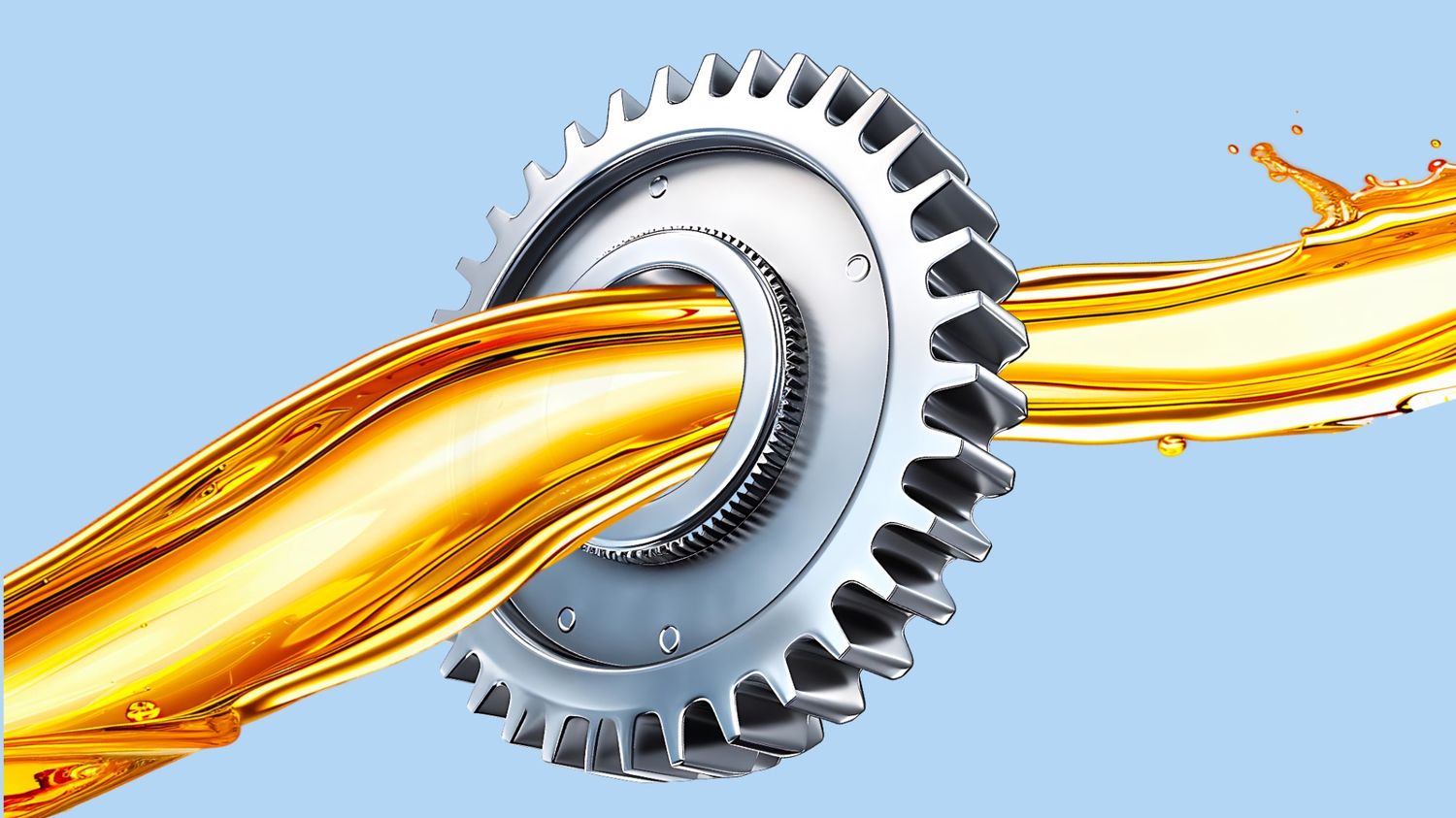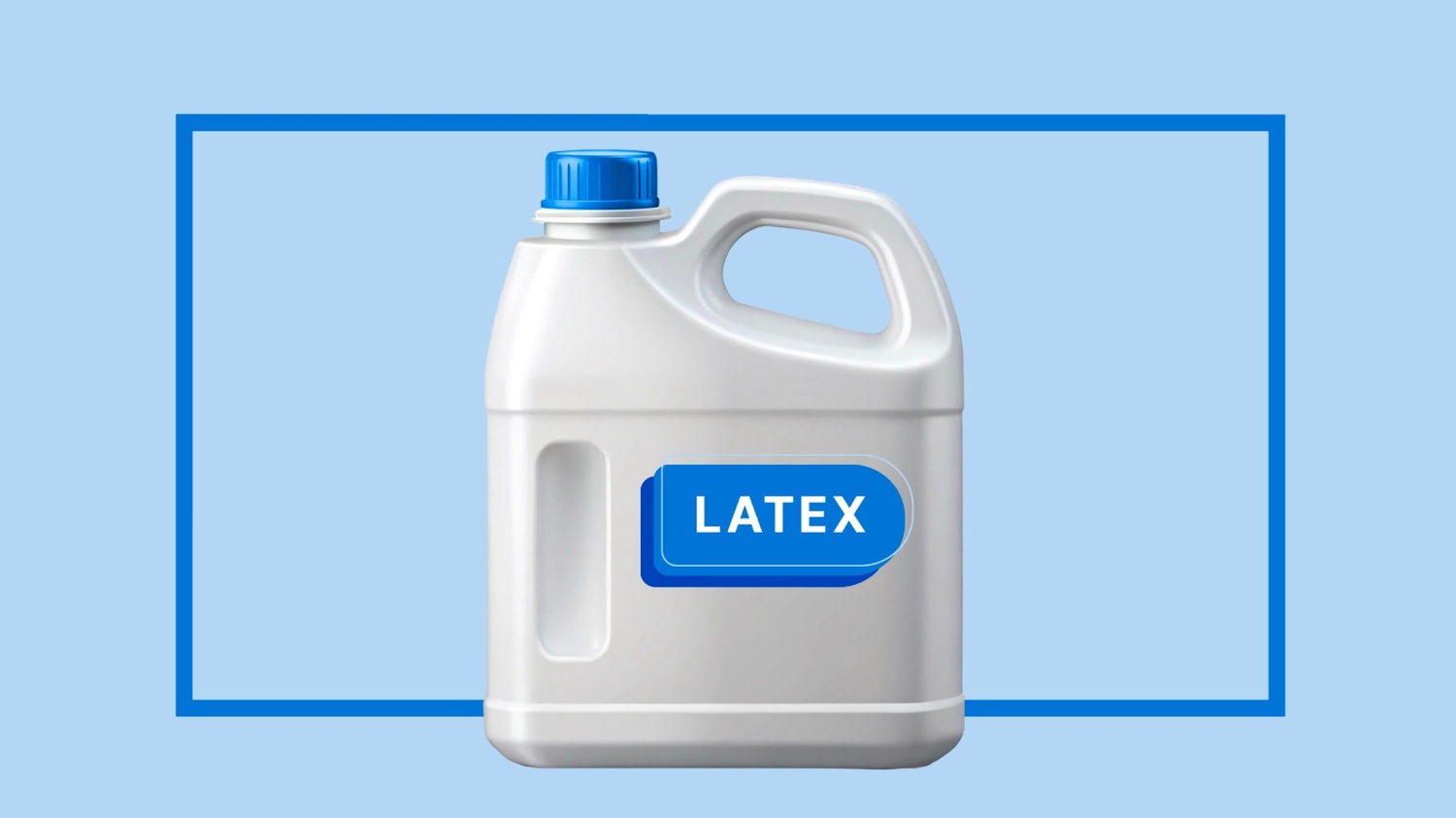Smartly contained

In what ways is technology being incorporated into containers?
For over six decades, the container industry has remained largely unchanged since its inception. The standard container, born in the 1950s, has been perceived as a simple commodity, serving the purpose of transporting goods across the globe. However, with the pressing need to create a more sustainable and cost-effective logistics industry, new solutions have emerged to retrofit existing containers, particularly focusing on the crucial aspect of track and trace.
Yet at AELER we have taken a bolder approach. We have embarked on a transformative journey, reimagining the container’s design from the ground up while preserving its standardised dimensions. Our aim is to elevate the container from a mere vessel to a central element of value creation. By embracing technology and adopting a holistic perspective, the industry has been revolutionised, integrating digital advancements and structural innovations seamlessly.
Our containers go beyond incorporating digital technologies through IoT devices and sensors for real-time tracking and monitoring. While these features undoubtedly enhance efficiency, we have gone a step further. By integrating technology into the very structure of our containers, we have crafted them out of composite panels, making them more robust, better insulated, and aerodynamic. This structural innovation not only ensures durability and efficiency but also paves the way for a more sustainable future.
Additionally, digital technology encompasses IoT, sensor, and comprehensive monitoring capabilities through our platform. This integration allows us to provide real-time notifications for abnormal events, giving unprecedented visibility and control to customers. Extending beyond individual technologies; this combination of technologies introduces the concept of “container-as-a-service”, where technology seamlessly becomes an integral part of the container itself.
Furthermore, container traceability has unlocked yet another innovation - the distribution model- Through innovative business models, it enables customers to utilise containers only when necessary, ensuring availability at specific depots. This approach can optimise resource utilisation, reduce waste, and enhance operational efficiency throughout the logistic chain.
The impact of these innovations extends beyond efficiency gains and cost-effectiveness. By maximising payload and minimising waste, this type of container contributes to a greener future, offering the potential for up to a remarkable 20% reduction in CO2 emissions per transport. At AELER, we firmly believe that technology, when integrated holistically, has the powe to revolutionise the industry and shape its future.
How are online platforms helping freight forwarders provide a better service to their customers?
Online platforms have enabled some visibility in an industry where it was previously lacking. We focus on helping freight forwarders increase customer satisfaction by value-added services. Our platform offers actionable insights in real-time (from door opening to maritime event), helping to prevent loss of containers, improving logistics processes and speed, and provides greater transparency for customers as they get the final information.
By streamlining operations and communication, online platforms enhance overall service quality, efficiency, and collaboration between freight forwarders and their customers.
How can containers provide both security and protection for goods as as maximum space for optimal loads?
Well, until now they couldn’t!
Traditionally, containers have had limitations when it comes to balancing security, protection, and space optimisation. More insulation meant less space. Security meant it was more expensive. However, our innovative approach has changed this. Our composite-made containers provide complete structural integrity and better insulation, ensuring both security and protection without compromising space. In fact, our containers offer up to 17% more payload capacity in certain use cases, such as flexitank transport, and up to 11% more loading than standard containers. By prioritising the integration of technology and sustainability, it is possible to deliver a comprehensive and complete solution.
One key aspect is maximising cargo capacity, which directly contributes to reducing the number of transports required. By designing containers with a focus on increased loading capacity, such as our flexitank transport solution, we can achieve up to 17% more payload compared to traditional containers. This optimisation is especially beneficial for sensitive goods that require stable temperatures, as we can provide up to 11% more loading space than the commonly used NOR containers. This approach minimises the need for additional transports, ultimately reducing carbon emissions and environmental impact.
Thermal insulation is another crucial factor in container sustainability. Traditional containers often rely on single-use insulation materials, which contribute to plastic waste. In contrast, our container design incorporates intrinsic thermal insulation properties. By leveraging composite materials, we eliminate the need for single-use insulation materials altogether. This innovation alone can save up to 100kg of plastic per container, making a significant positive environmental impact.
Furthermore, our containers are designed with a focus on the entire lifecycle, taking into account recyclability and the use of recycled materials. The composite materials used in our containers can be derived from recycled sources, reducing the demand for virgin materials and minimising environmental impact. This commitment to sustainable practices aligns with a vision to create environmentally friendly containers that are efficient, durable, and reusable.
By integrating technology and sustainable design principles, AELER aims to address the multifaceted challenges of container sustainability. Through increased loading capacity, reduced plastic waste, and the use of recycled materials, containers can be more environmentally friendly, providing a more sustainable solution for the logistics industry.
Do you think we are seeing much progress in the shipping industry in our bid to reach net-zero?
While progress could be faster, the shipping industry is gradually making its way toward achieving net-zero emissions. Initiatives like the International Maritime Organisation’s (IMO) revision of climate targets as well as a growing pressure from end consumers demonstrate the industry’s commitment to change. At AELER, we are committed to being a major player in this transition. Our solution goes beyond renting containers; we support our clients in their journey toward achieving net-zero emissions. By prioritising sustainability and investing in innovative technologies, we aim to contribute to the industry’s progress and have a more global impact.
What trends do you predict for the future of the container?
The container industry is evolving, and we believe in the power of collective transformation. To maximise the container’s potential, we need to create added value through visibility, efficiency, and sustainability. This includes integrating advanced technologies, fostering collaboration within the industry, and transforming the container into a generator of added value. At AELER, we believe it is necessary for manufacturers to stay ahead of the curve and continuously improving technical expertise, strong communities, and collaboration with policymakers to shape regulations that promote both economic and ecological growth.





